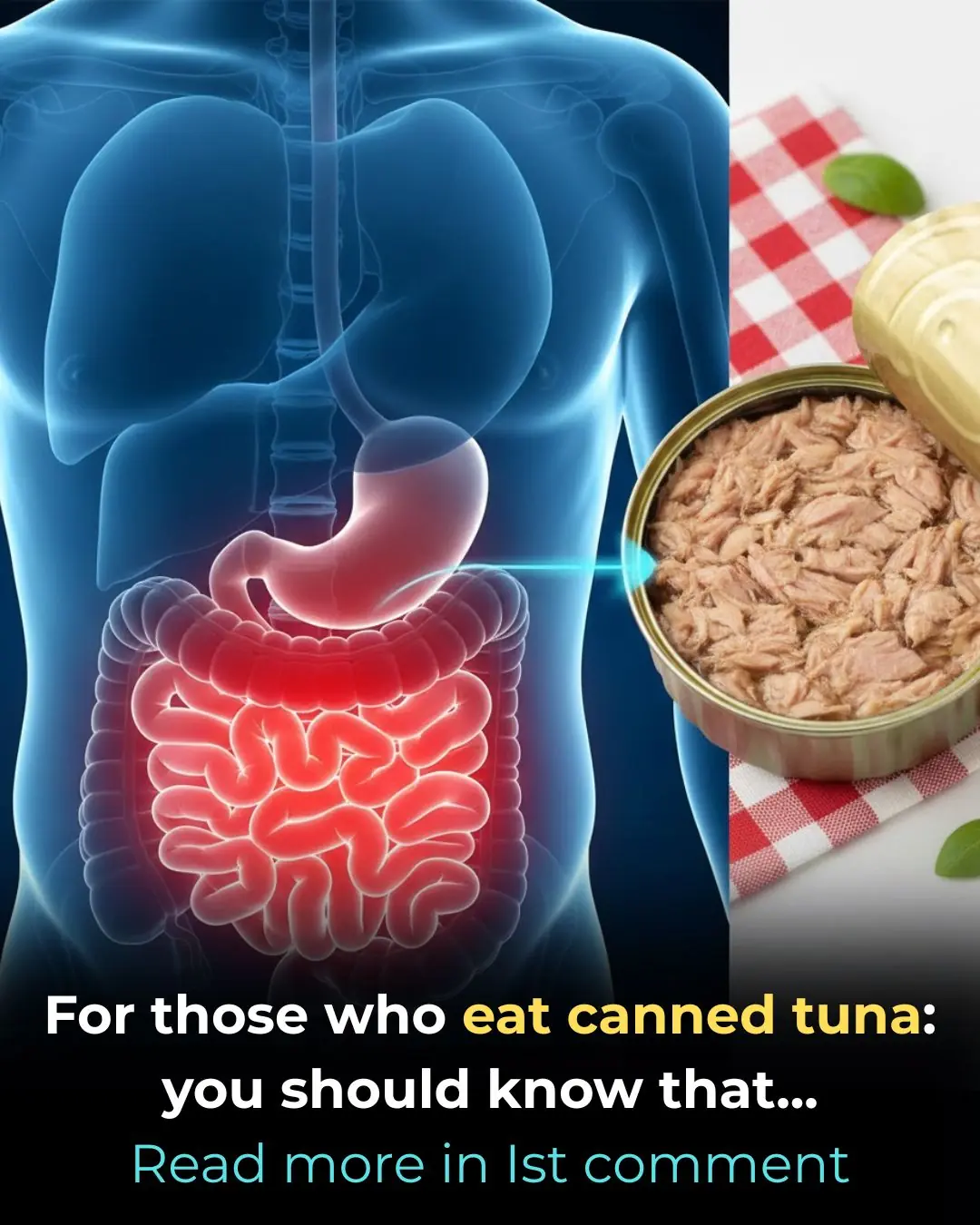
3 Natural Ways to Relieve Acid Reflux Fast
3 Natural Ways to Relieve Acid Reflux Fast
Millions of people struggle with heartburn, acid reflux, or a persistent burning in the chest after meals. Most think these symptoms come from “too much stomach acid.” But for many people, the real issue is how stomach acid is controlled—not simply how much acid exists.
Today, we’ll break down the root causes of reflux and show three natural strategies that can help improve digestion, support healthy stomach acid levels, and reduce reflux symptoms over time.

⭐ Understanding the Real Cause of Acid Reflux
Acid reflux happens when stomach contents move upward into the esophagus. The barrier that normally prevents this from happening is a muscular valve called the lower esophageal sphincter (LES).
When the LES does not close properly, even small amounts of stomach acid can irritate the esophagus and cause burning.
What causes the LES to malfunction?
Multiple factors can weaken or relax the LES:
-
eating large or high-fat meals
-
lying down after eating
-
obesity or abdominal pressure
-
stress
-
smoking
-
certain medications
-
delayed stomach emptying
-
poor digestive function
-
hiatal hernia
🧪 What about “low stomach acid”?
Some functional medicine practitioners suggest that low stomach acid (hypochlorhydria) may contribute to:
-
delayed gastric emptying
-
bacterial overgrowth
-
fermentation and bloating
-
increased pressure inside the stomach
-
upward movement of gas and acid
This pressure-based model can explain why some people feel reflux even if their stomach isn’t very acidic—any reflux hurts if the esophagus is exposed, because the esophagus is not designed to tolerate acid at all.
Research shows stomach acid can decline with:
-
age
-
chronic stress
-
long-term antacid or PPI use
-
H. pylori infection
-
micronutrient deficiencies (zinc, B-vitamins)
-
autoimmune gastritis
Regardless of whether the problem is low acid or poor LES function, the goal is the same:
support digestion, reduce pressure, calm inflammation, and strengthen the LES.
Below are three natural ways to do that effectively.
🌿 1. Support Healthy Stomach Acid & Digestion
Good digestion begins with proper acidity. Healthy stomach acid:
-
activates digestive enzymes
-
sterilizes bacteria
-
breaks down protein
-
signals the pyloric sphincter to empty food
-
helps prevent bloating and gas
When acid is low, food may ferment, producing gas that pushes upward toward the LES.
Step A — Try Apple Cider Vinegar (ACV) Before Meals
ACV may stimulate digestive secretions for some individuals.
How to use it:
-
Mix 1 tablespoon ACV with water before meals.
-
If it burns, dilute more or stop and reassess.
(If you have ulcers, gastritis, or are on acid-reducing medication, consult your clinician first.)
Step B — Consider Digestive Support Like Betaine HCl
Some people find relief using betaine HCl with meals to support stomach acidity if tolerated.
Use only if approved by your healthcare provider.
People with ulcers, gastritis, H. pylori, or those taking NSAIDs should not use HCl supplements.
Step C — Ensure Adequate Micronutrients
Nutrients required for stomach acid production include:
-
Zinc
-
Potassium
-
Sodium
-
B-vitamins
-
Chloride
Foods that support gastric acid function:
-
seafood, eggs, meats (zinc + B12)
-
sea salt or pink salt
-
avocado, leafy greens, potatoes (potassium)
-
fermented foods (support stomach and gut environment)
🧘 2. Manage Stress to Reduce Reflux Triggers
Stress doesn’t just affect your mind—your gut feels it too.
Research shows that stress:
-
increases the perception of heartburn
-
slows digestion
-
increases stomach pressure
-
reduces gastric acid secretion in some individuals
-
makes the LES more sensitive to reflux
Ways to reduce stress-related digestive symptoms:
-
slow breathing before meals
-
10–15 minutes of walking after eating
-
meditation or yoga
-
reducing screen time during meals
-
chewing slowly (25–30 chews per bite)
These simple actions reduce pressure on the LES and improve digestion naturally.
🍽️ 3. Heal & Soothe the Gut While Reducing Triggers
Even if you improve stomach acid, you still need to calm inflammation and avoid foods that irritate the LES.
🚫 Avoid or reduce typical reflux triggers
These foods relax the LES or increase stomach pressure:
-
peppermint
-
chocolate
-
caffeine
-
carbonated drinks
-
alcohol
-
tomatoes & citrus
-
spicy foods
-
garlic & onions
-
fried or high-fat meals
-
large portions
-
refined carbohydrates (can feed bacterial overgrowth)
✔️ Add soothing, gut-healing foods
These help reduce inflammation:
-
cooked root veggies (potato, sweet potato, carrot, turnip)
-
steamed broccoli, spinach, leafy greens
-
oatmeal, quinoa, brown rice
-
non-citrus fruits (banana, apple, pear, melon)
-
lean proteins (fish, chicken, tofu)
-
fermented foods: sauerkraut, kimchi, yogurt
-
ginger or chamomile tea
Hydration also helps keep digestion smooth and pressure low.
🌙 Bonus: Lifestyle Habits That Reduce Reflux Quickly
Sleep on your left side
Reduces how easily acid can rise into the esophagus.
Elevate the head of your bed 6–8 inches
Reduces nighttime reflux.
Eat smaller meals
Less pressure = fewer symptoms.
Maintain a healthy weight
Even a 10% weight loss can significantly reduce reflux.
Stop smoking
Nicotine relaxes the LES.
🌱 Natural Remedies With Evidence or Long-Time Traditional Use
Melatonin
Some studies show melatonin may help tone the LES and reduce GERD symptoms.
DGL (Deglycyrrhizinated Licorice)
DGL helps:
-
coat the esophagus
-
reduce inflammation
-
improve mucosal integrity
It supports healing without reducing stomach acid.
Slippery Elm & Marshmallow Root
These demulcent herbs become gel-like when mixed with water and help:
-
soothe irritated tissue
-
protect the esophageal lining
-
reduce burning sensations
Many people feel relief within minutes.
🟢 Final Thoughts
Acid reflux doesn’t always mean “too much acid.”
For many people, it’s about poor digestion, LES dysfunction, stress, and dietary patterns.
By:
-
Supporting healthy stomach acid
-
Reducing stress
-
Using foods and natural remedies that soothe the gut
—you can often reduce reflux naturally and improve digestive health long-term.
If symptoms persist longer than a few weeks, worsen, or are accompanied by weight loss, swallowing difficulty, or vomiting, consult a healthcare provider to rule out more serious causes.
News in the same category

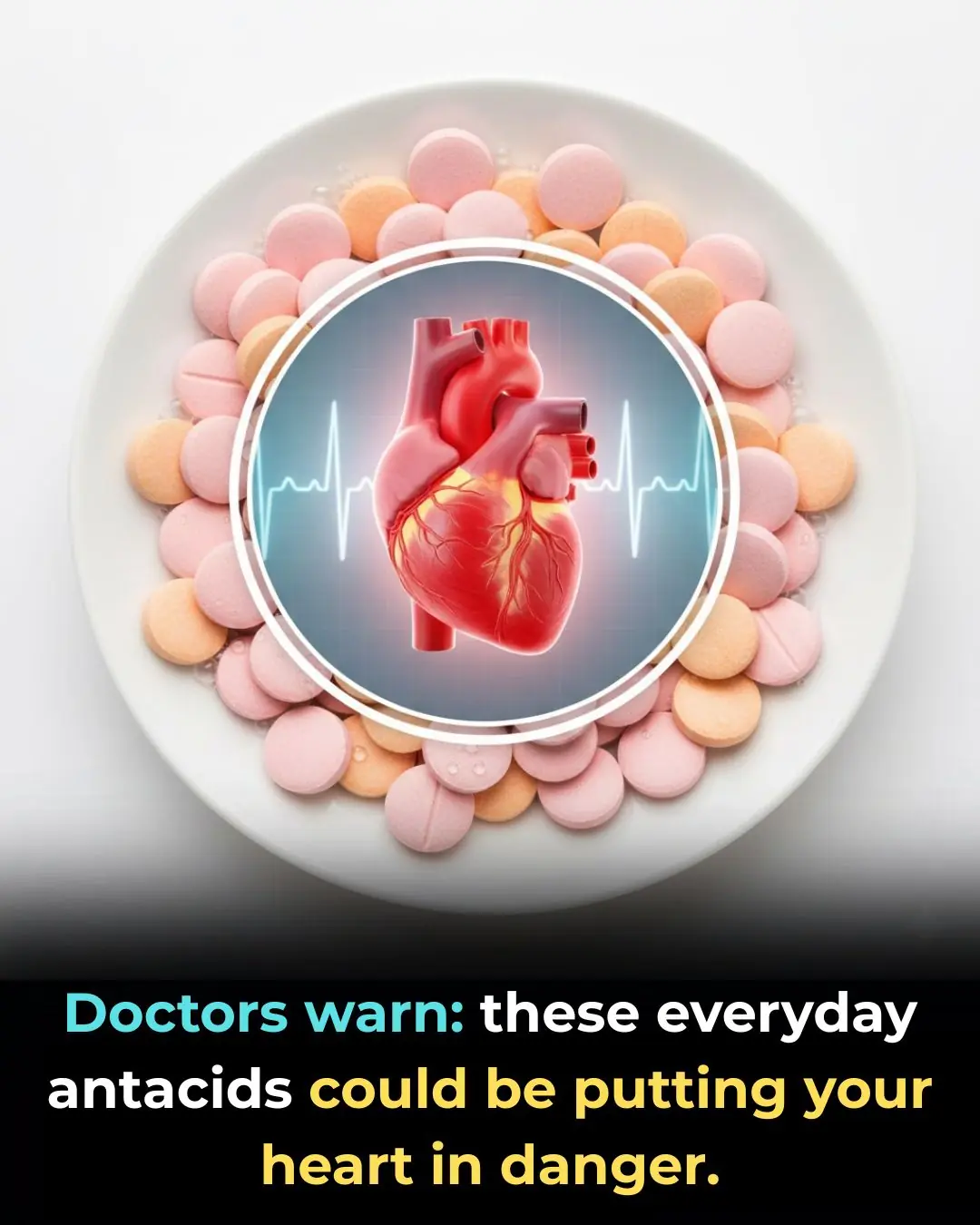
Doctors warn: these everyday antacids could be putting your heart in danger

Doctors Reveal What Really Happens When You Use Castor Oil
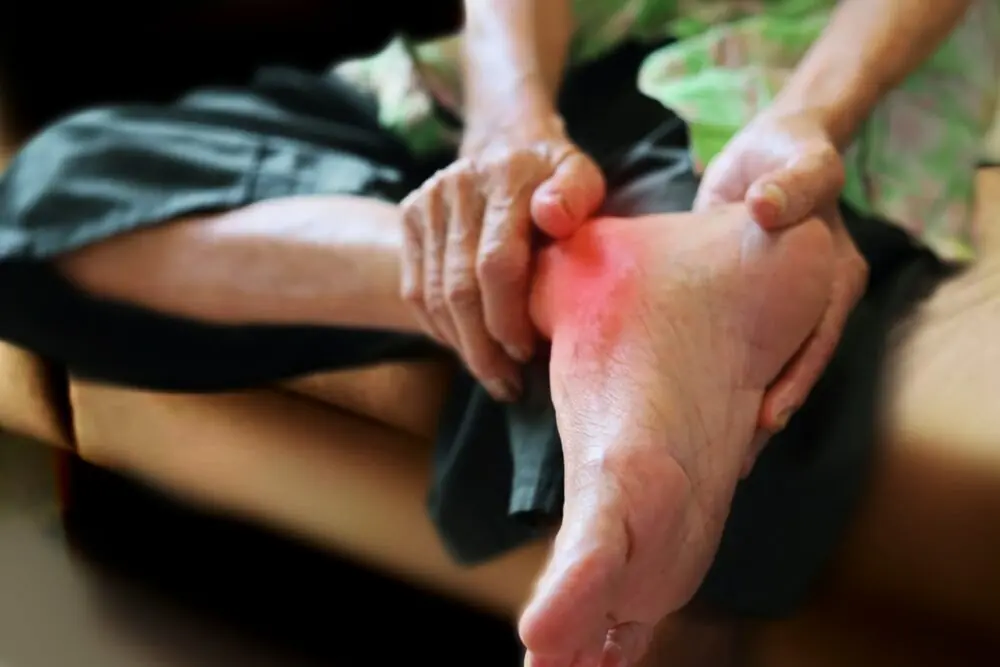
The Natural Secret Doctors Never Tell You That Melts Away Uric Acid Fast
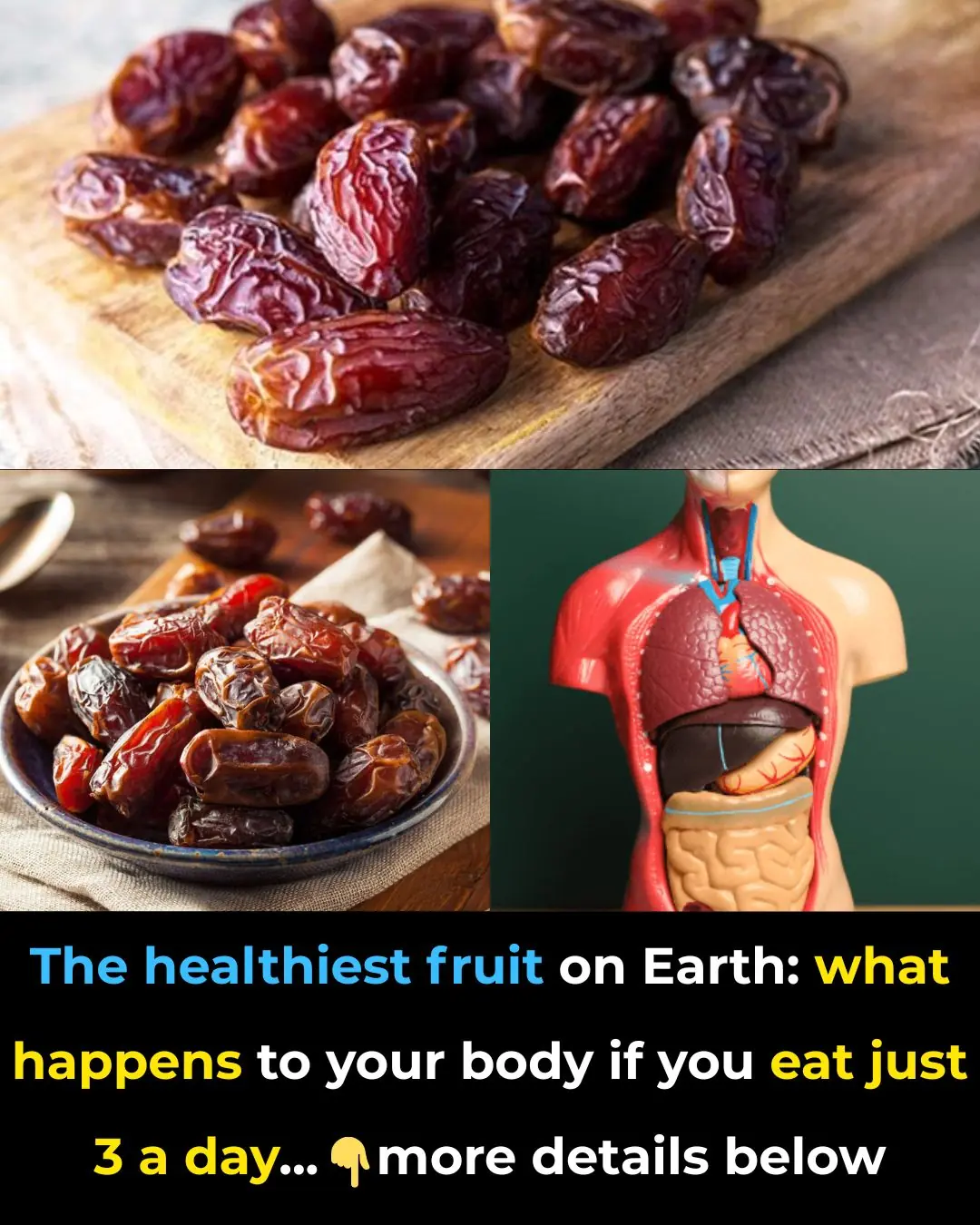
9 Convincing Reasons to Consume More Dates

Two handfuls of peanuts daily boost memory in 4 months
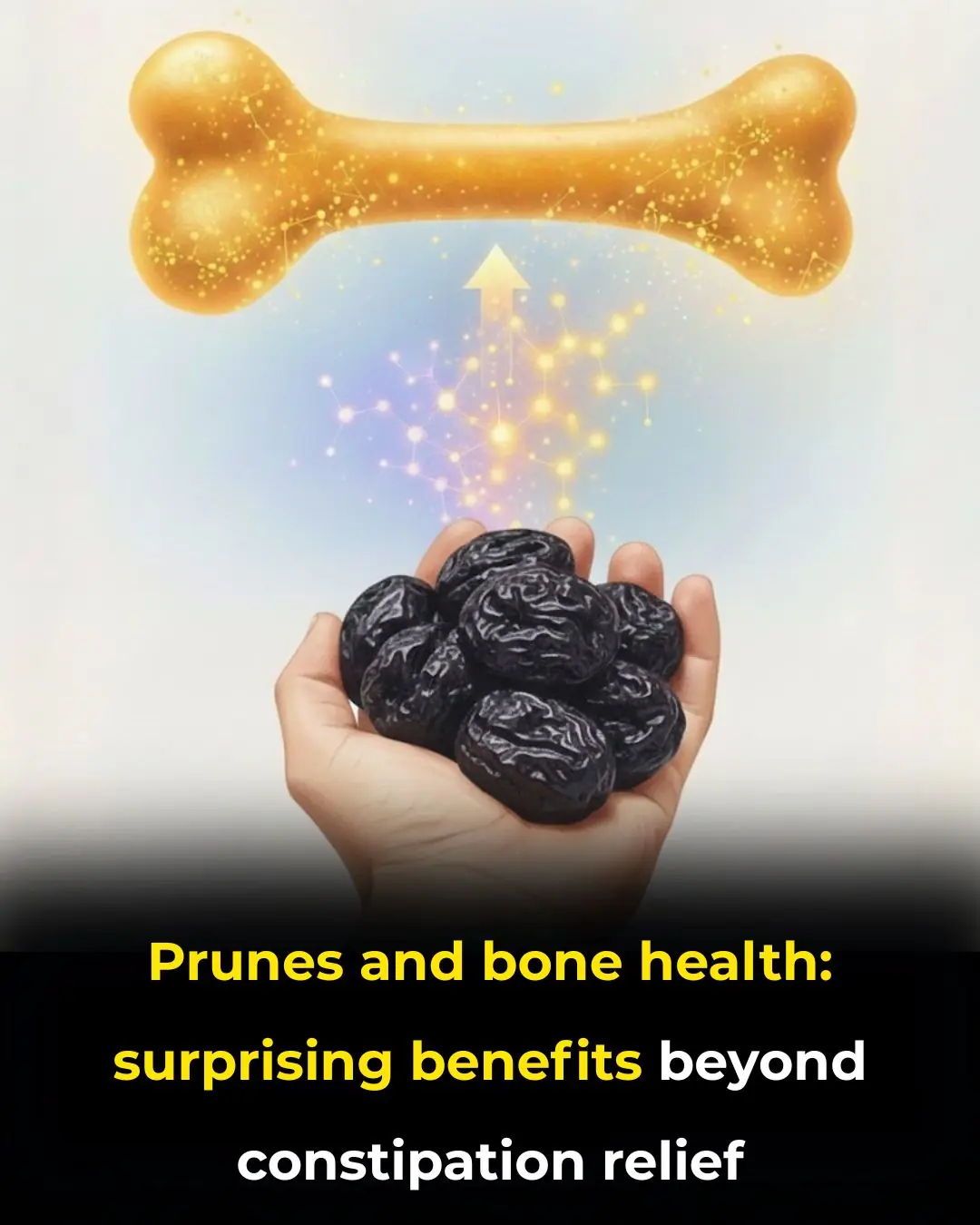
Prunes and bone health: surprising benefits beyond constipation relief
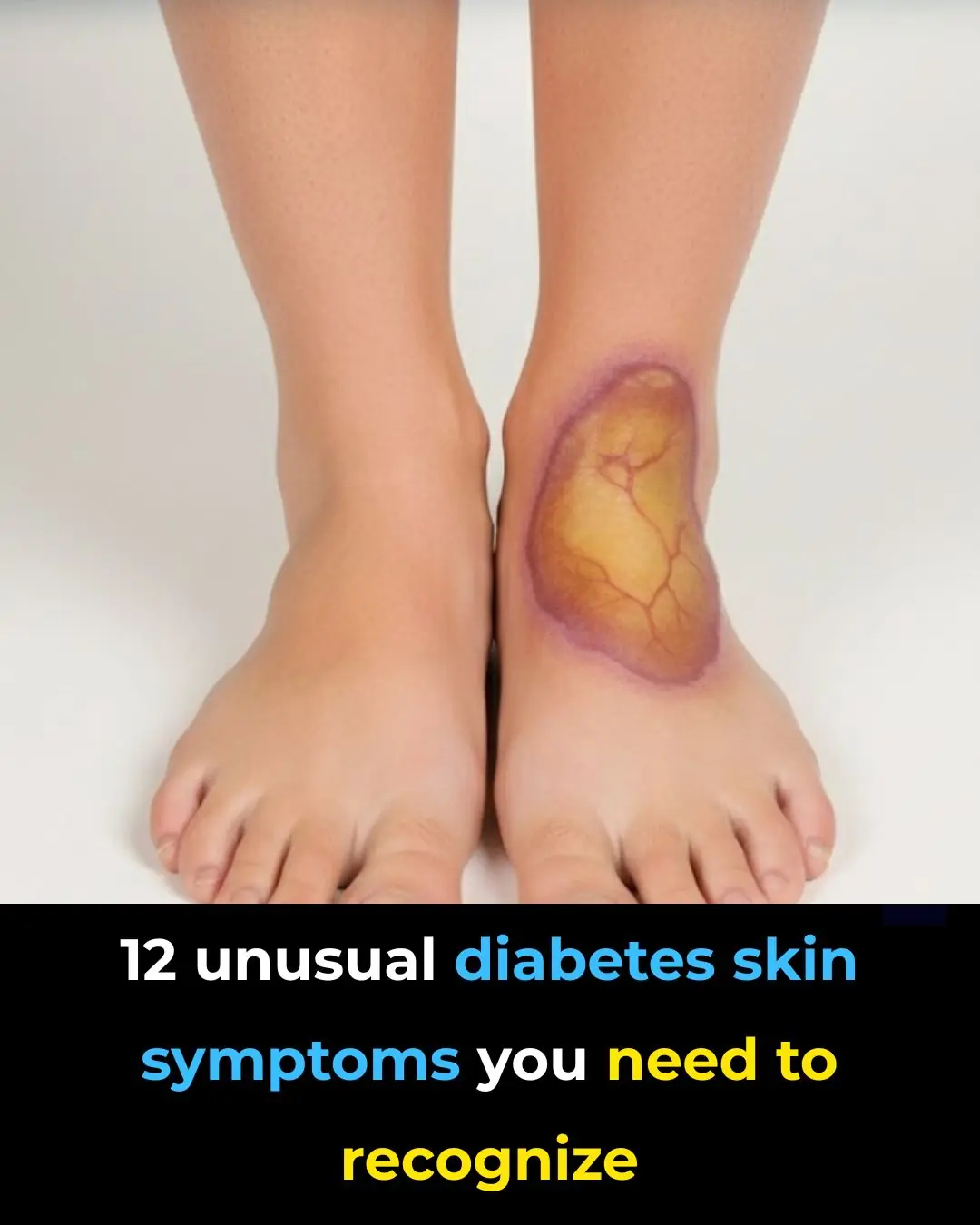
12 Weird Diabetes Skin Problems You Need To Know
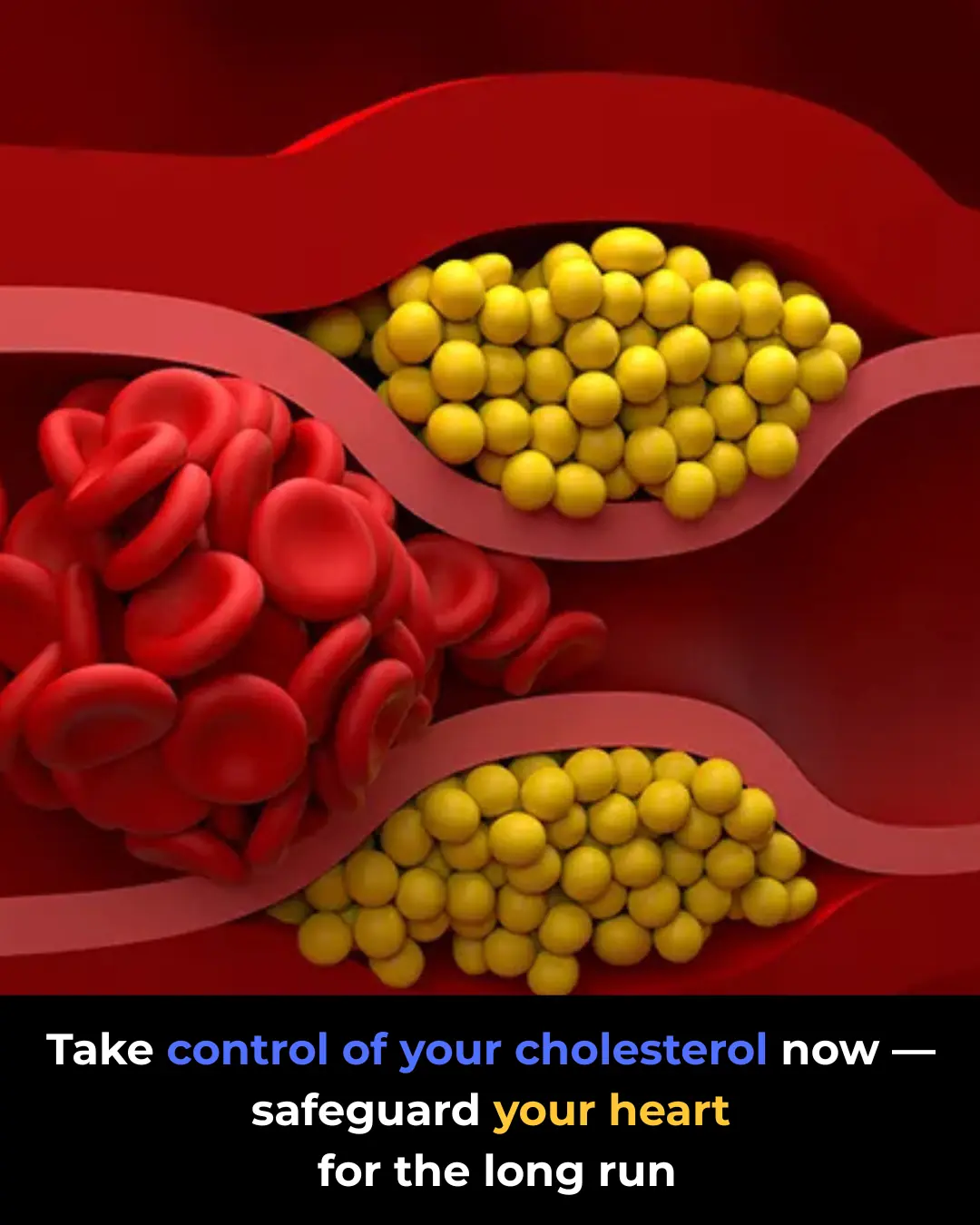
High Cholesterol: Causes, Risks, and Natural Ways to Lower It
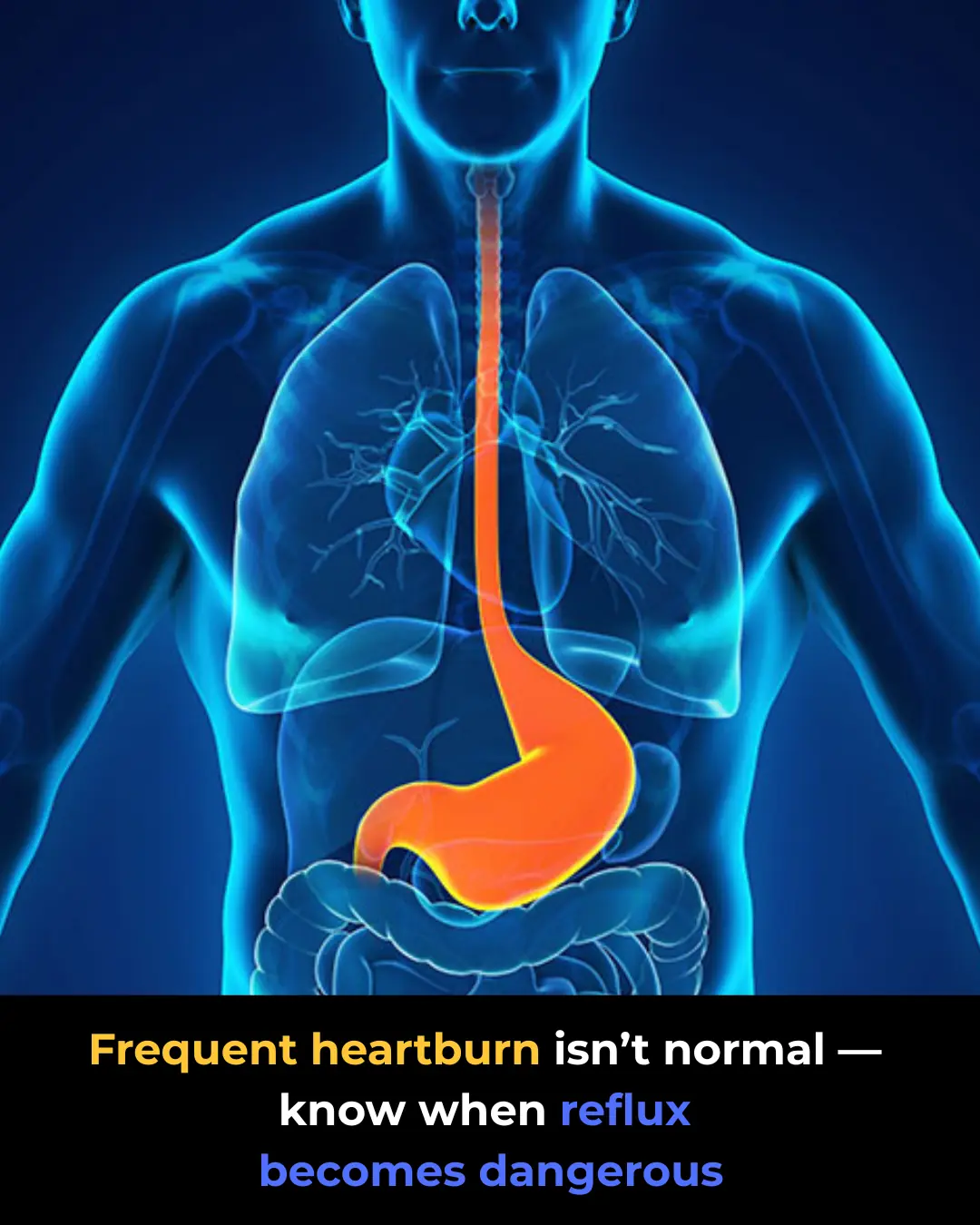
Acid Reflux (GERD): When Should You See a Doctor?

Hypothyroidism: The Silent Condition With Easily Overlooked Symptoms

3 pain areas on your body that might be early cancer warning signs

A New Era of Near Vision Clarity Through VIZZ Eye Drops

Vaping harms your heart more than you realize

Ever Wake Up But Can’t Move
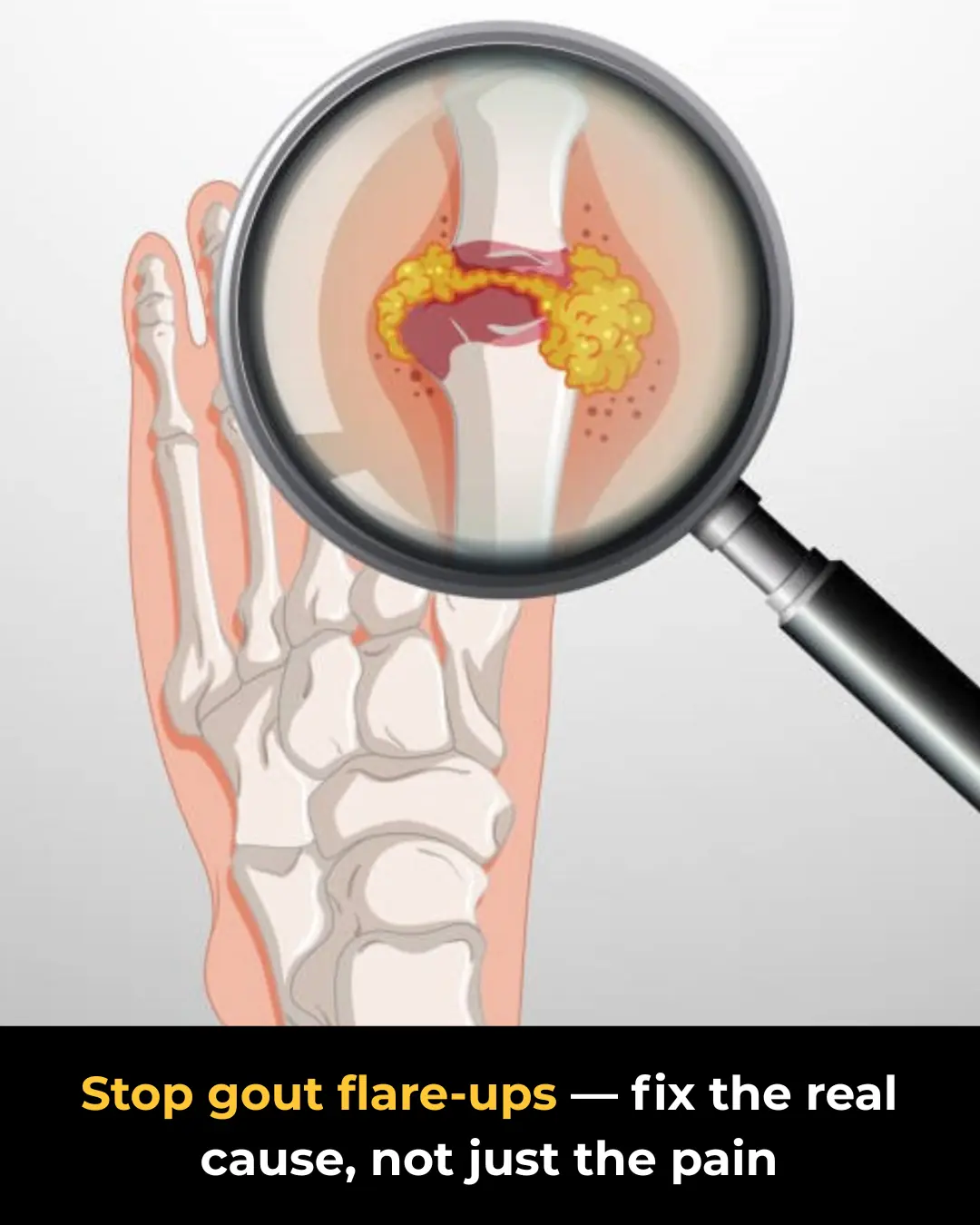
Gout Disease: The Untold Truth and 5 Common Treatment Mistakes
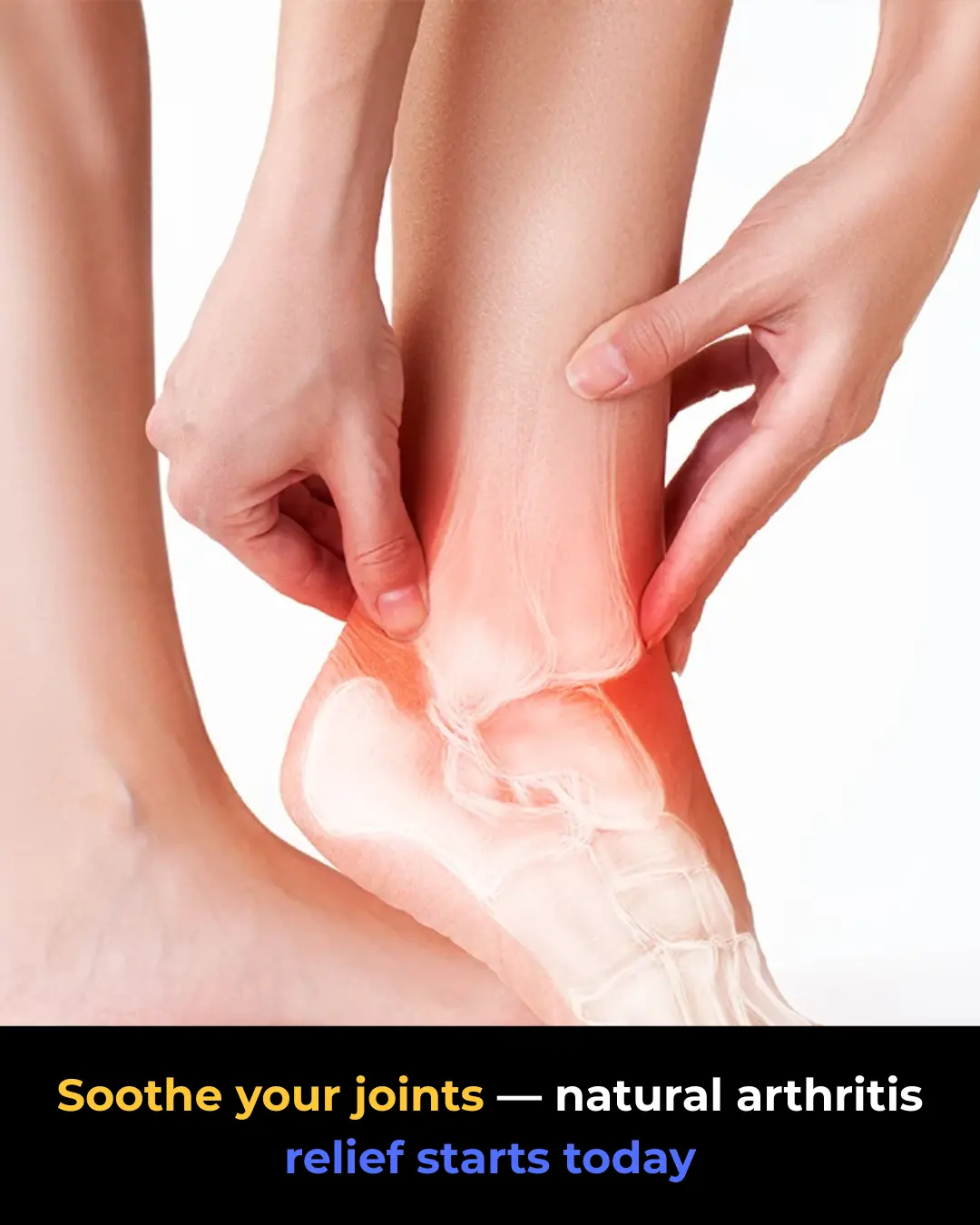
Arthritis Explained: Types, Causes, and Natural Pain Relief Methods
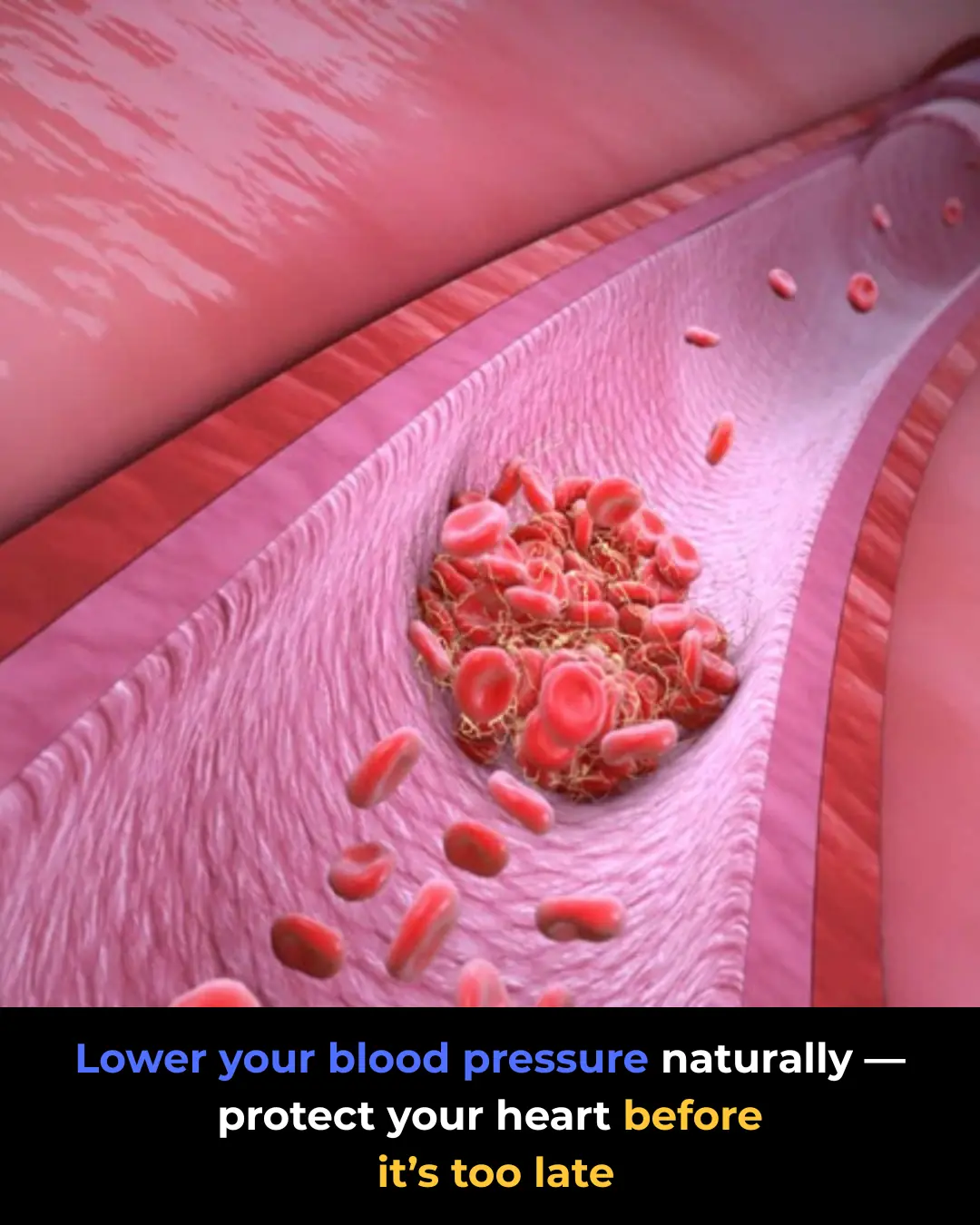
High Blood Pressure: Why It’s Dangerous and How to Stabilize It Naturally
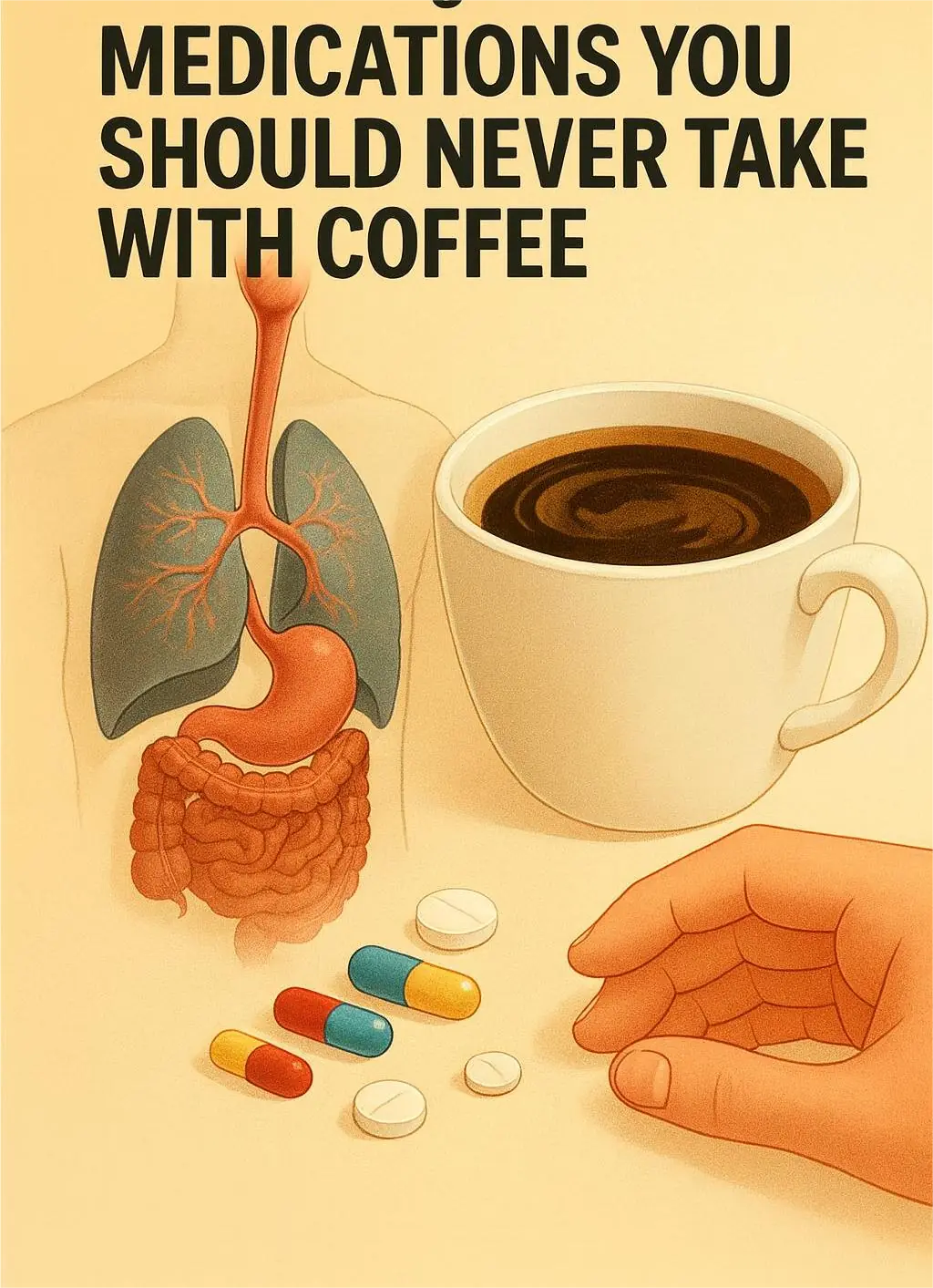
MEDICATIONS YOU SHOULD NEVER TAKE WITH COFFEE
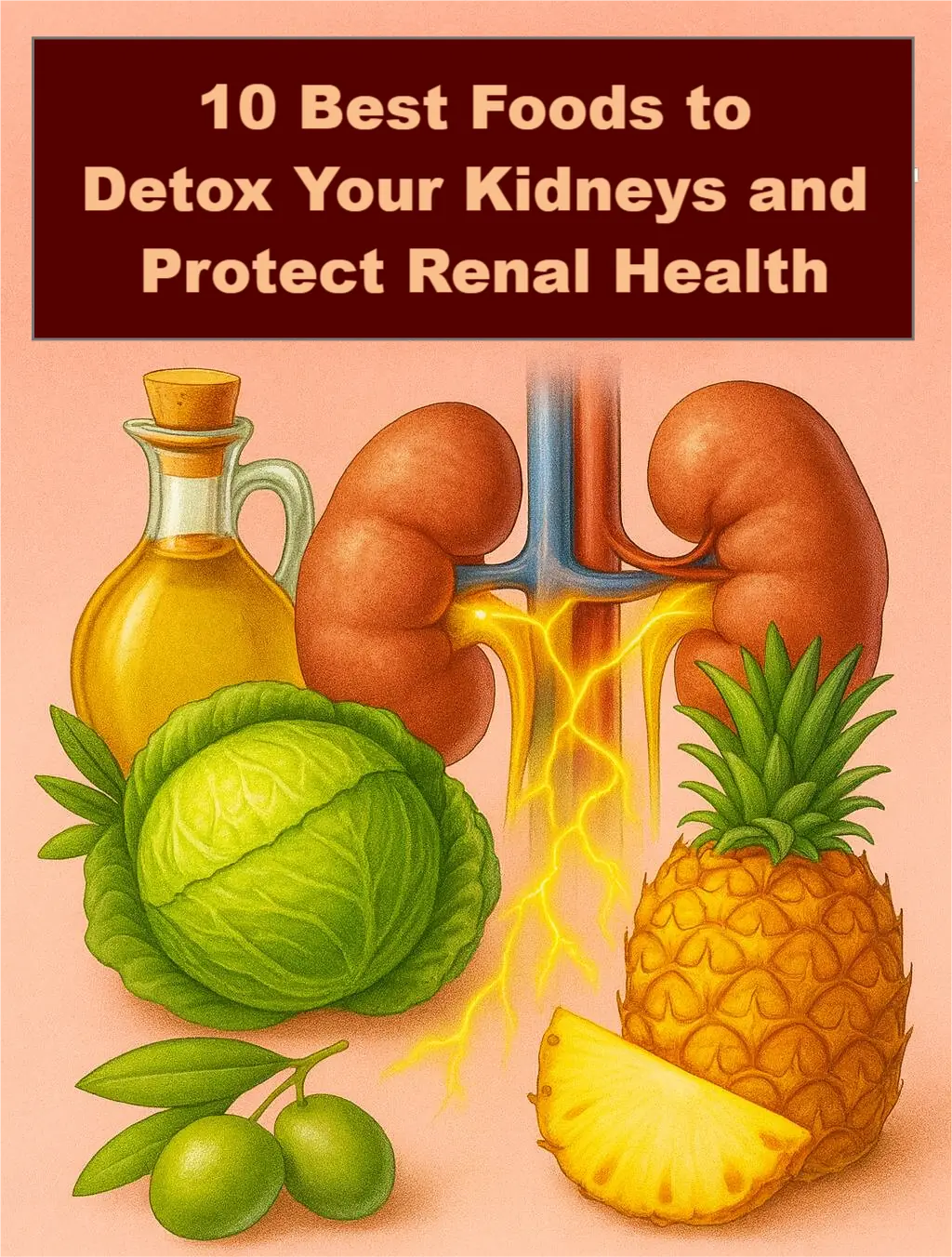
10 Best Foods to Detox Your Kidneys and Protect Renal Health
News Post

A Nearby Earth-Sized World Raising New Hopes for Habitability

How Finnish Forest Kindergartens Let Kids Thrive in Any Weather

Taiwan Researchers Develop Promising Hair-Regrowth Serum With Dramatic Lab Result

Pick the Breakfast You’d Eat

What Happens to Your Body When You Eat Canned Tuna Every Day

Why Some Children Don’t Visit Their Parents Often

The Hidden Fish Puzzle That’s Stumping the Internet

So this is what it does, here is the answer

The Hidden Details in Women’s Underwear — And What They Really Mean

Experts reveal that eating bananas in the morning cause

Why Cutting Your Own Hair Is About More Than Just Saving Money

Why Are Tree Trunks Painted White

Penguins Reject Cheaper Fish as Japanese Aquarium Tries to Cut Costs

I Thought I Found Insect Eggs Under My Bed
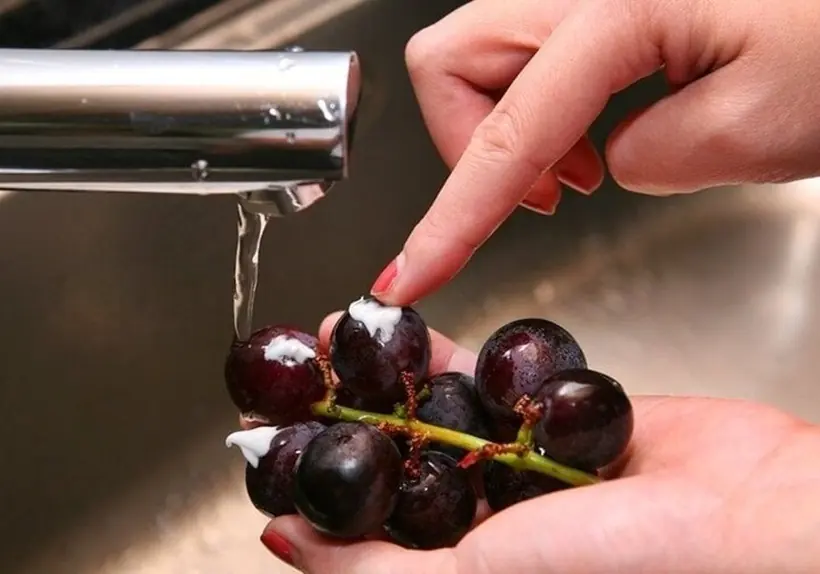
This is the correct way to wash grapes; washing them wrong can make them even dirtier

Emirates Airlines: A Legacy of Unmatched Safety and Reliability in Aviation

Dragon Bravo Fire: Arizona's Megafire Threatens the Grand Canyon and Beyond

The zodiac signs with a supernatural sixth sense… See now

Mussel Beds: New Zealand's Natural Solution for Ocean Health and Sustainability
